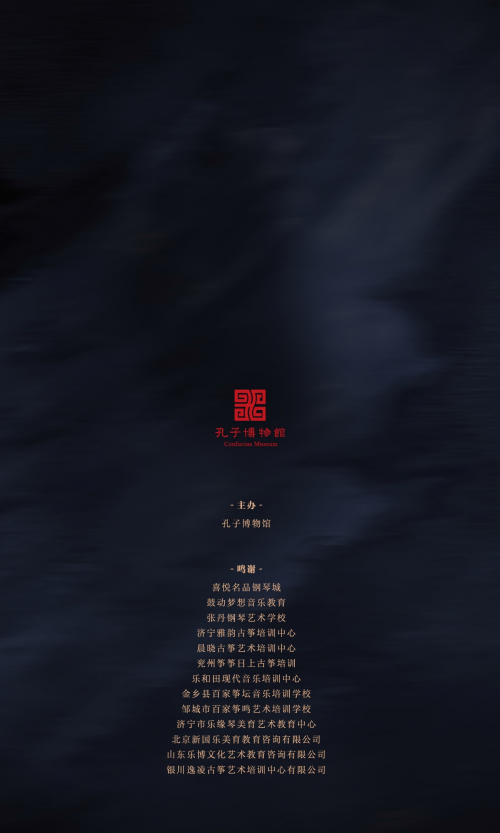
莎士比亚十四行诗第130首
Sonnet 130 吾爱稀罕胜天仙
My mistress’ eyes are nothing like the sun;
Coral is far more red than her lips’ red;
If snow be white, why then her breasts are dun;
If hairs be wires, black wires grow on her head.
I have seen roses damask’d, red and white,
But no such roses see I in her cheeks;
And in some perfumes is there more delight
Than in the breath that from my mistress reeks.
I love to hear her speak, yet well I know
That music hath a far more pleasing sound;
I grant I never saw a goddess go;
My mistress, when she walks, treads on the ground.
And yet, by heaven, I think my love as rare
As any she belied with false compare.
爱人明眸不若太阳灿烂
丹唇远不及珊瑚红艳
相比白雪,她胸脯暗淡
倘发若细丝,她乌丝满头卷
粉、红、白玫瑰也曾见
我却不曾见她有玫瑰脸蛋
几多香水令人沉醉陶然
远胜爱人气息甘甜
爱听她娇语呢喃
但深知音乐更令人心欢
当爱人行走世间
我承认没见天仙下凡
但我对天发誓,爱人稀罕
绝不逊色世间任何红颜
译于2022年11月30日
无心剑的翻译《莎士比亚十四行诗第130首》以中文精确捕捉了原诗的意境与情感深度。
诗中开篇即颠覆传统赞美手法,“My mistress’ eyes are nothing like the sun” 直译为“吾爱稀罕胜天仙”,表明诗人所爱之人并非传统意义上的完美。“Coral is far more red than her lips’ red” 及 “If snow be white, why then her breasts are dun” 通过对比,强调了爱人自然之美胜过夸张的比喻。
“I have seen roses damask’d, red and white, But no such roses see I in her cheeks” 通过玫瑰的比喻,诗人表达了对爱人自然之美的欣赏,无需华丽的辞藻修饰。“I love to hear her speak, yet well I know That music hath a far more pleasing sound” 则揭示了诗人对爱人声音的真挚喜爱,尽管明知音乐更加悦耳。
结尾处,“And yet, by heaven, I think my love as rare As any she belied with false compare” 强烈表达了诗人对爱人独特之美的珍视,超越了世俗的虚假比较。
整体上,翻译语言流畅,情感真挚,通过对比和直接的表达,成功传达了原诗对爱人独特之美的赞美,以及诗人对超越表面之美的深刻理解。无心剑的翻译让中文读者能够感受到莎士比亚诗歌的韵味和情感的真挚表达。


















